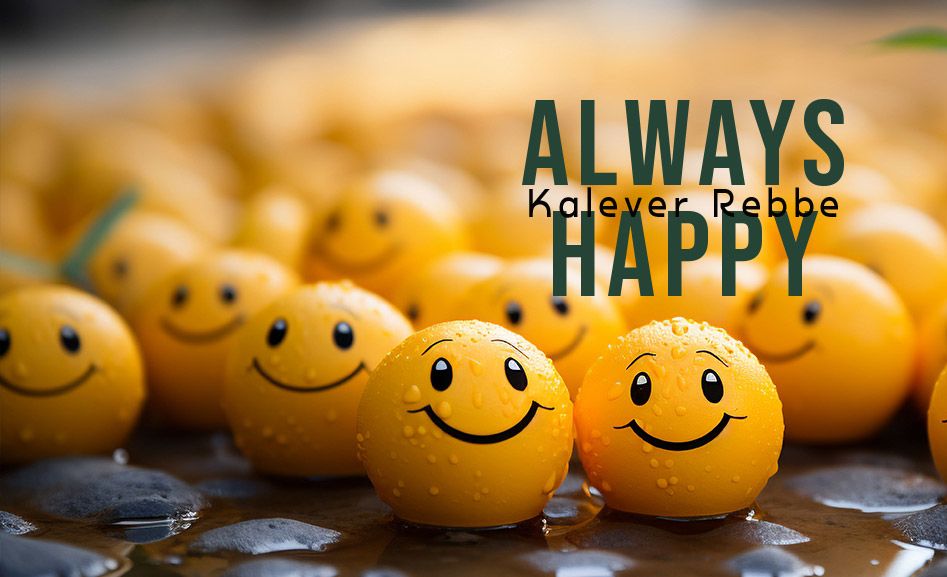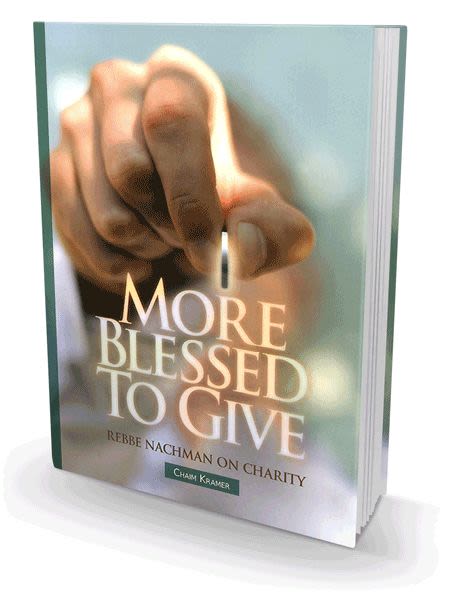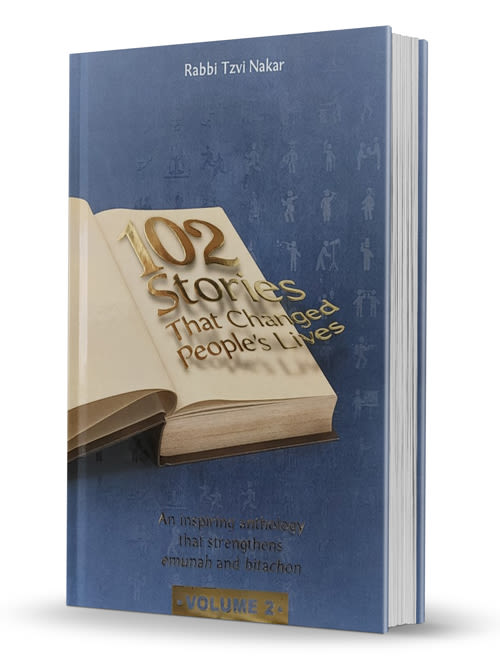
How a Banana became a Jewish Vegetable
In the simple act of choosing which blessing to recite over your food, you find profound lessons on life and spirituality. Whether it's a banana or an olive, each choice reflects the eternal cycle of life, growth, and renewal.

The Astonishing Link Between Your Food and Your Faith
The distinction between fruits and vegetables in Jewish law is more than dietary guidance. In the simple act of choosing which blessing to recite over your food, you find profound lessons on existence and spirituality. Whether it’s a banana or an olive, each choice reflects the eternal cycle of life, growth, and renewal.
Navigating the world of Jewish dietary laws can be a bit tricky. Discerning between a fruit and a vegetable is more than a matter of taste.
Consider the banana. Widely recognized as a fruit, especially for its sweet taste, before eating one, we recite the “Borei Pri Ha’adamah” (“Creator of the fruit of the earth”) blessing used for vegetables.
Meanwhile, the olive — hardly a contender to top your next ice cream sundae — proudly receives the “Borei Pri Ha’etz” (“Creator of the fruit of the tree”) blessing reserved for fruits.
How did a banana become a Jewish vegetable? The Tractate Berachot offers some insight. It distinguishes fruits and vegetables not by their taste but by how Hashem makes them.
An olive is the gift that keeps giving, promising a new offering each year. Pick a thousand olives from a tree, and in a year, there will be a thousand more hanging off the same branches.
Bananas share more in common with corn. Harvesting a banana signals the end of its stalk’s lifecycle, a singular performance with no repeats. Once the bananas are plucked, the stalk itself exits stage left, contributing to compost or perhaps an unconventional snack.
Fruits reproduce each year, while vegetables start from scratch.
Lessons from the Earth: Embracing Opportunities for Growth and Renewal
Life, in its essence, is a mix of repeat performances and once-in-a-lifetime shows.
Some experiences, like the pursuit of the perfect apple, can be cyclical. You give it your all, and if this season’s attempts don’t bear fruit, there’s a promise of a new year, a fresh start, and a renewed hope for a better harvest.
Consider the meticulous preparations for Shabbat, where every detail from the guest list to the menu is planned with precision. Then, out of the blue, the flu barges in uninvited, turning your well-set table into rest and recovery.
The reliable return of Shabbat every seven days gives us the chance to enjoy a newly grown fruit from the same tree.
Yet, there are those one-time events, your bar mitzvah, the fleeting nature of youth, and those pivotal moments that shape us. These are our vegetables, the experiences that don’t repeat, requiring us to seize them fully.
Once they are harvested, they’re gone for good.
Making Chocolate Cake from Vegetables
Did you know that the blessing you recite on a raw wheat kernel is the same you would recite on lettuce?
Fruits come ready-made. You can pick an apple off the tree, recite a blessing, and take a bite. Vegetables can require lots of work. They start small, but with the right effort, grow into something spectacular.
The wheat kernel starts out as a vegetable and can end up as a chocolate cake.
There are so many events in life that can be disregarded like a single grain of wheat or transformed into something unforgettable.
So many of life’s moments start small but continue processing. It can be your first time in a Shul. Being offered to put on tefillin. Learning Torah with your children.
The Fruits of Faith: The Spiritual Harvest of Jewish Festivals
Pesach comes in the season of the barley harvest. Shavuot comes when the wheat is ready to be picked.
Our liberation from Mitzrayim happened only once in history. We received the Torah and the Divine revelation at Sinai once. We were liberated and given the Torah to dedicate our lives to serving Hashem. We get one shot at it. Once our lives are over, we are cut down and turned into compost, just like the banana stalk.
Pesach comes when we harvest barley—which is used to feed animals. Shavuot comes when we harvest wheat, which is used to feed people. The 49-day Omer count is our opportunity to sprint from living like animals to living like people.
What can we do in these seven weeks to distinguish ourselves as the creation God intended us to be?
The high holidays come when pomegranates, dates, and olives are ripened.
Rosh Hashanah and Yom Kippur are yearly gifts from God. Hashem always reproduces the chance for teshuva, forgiveness, and growth.
- What mitzvot will we maintain?
- What new ones will we give greater focus to?
- Where in our behavior will we improve?
- How can the tree of our life produce a greater spiritual yield for God this year?
These fruits all scream renewal at a time when both heaven and earth are singing the song of another chance.
Harvesting from The Roots of Gratitude
In the thoughtful world of Jewish blessings, every plant has its place and every blessing has its purpose.
As you stand ready to consume those lush Israeli dates or savory local olives, keep in mind that the blessing is a moment of connection. It invites you to ponder Who nurtured the food, Who nurtures the eater, and what type of chance this moment gives us to serve Him.
The next time the sweet and savory flavors begin to dance on your palate, consider this: What can I contribute to the cycle of gratitude and giving? What seeds of kindness can I plant today?
No matter how small, every action can yield a harvest of monumental impact.
***
David Ben Horin lives in Afula with his family, millions of sunflowers, and Matilda, our local camel. David‘s Israeli startup, 300 Marketing Solutions, is a lean marketing agency for startups and small businesses that creates and promotes SEO-optimized ROI-driven to the right audience on LinkedIn to make your business the star of the show.










Tell us what you think!
Thank you for your comment!
It will be published after approval by the Editor.